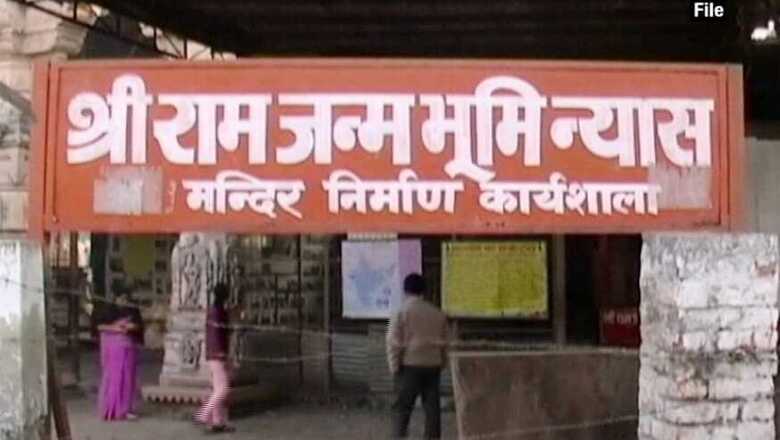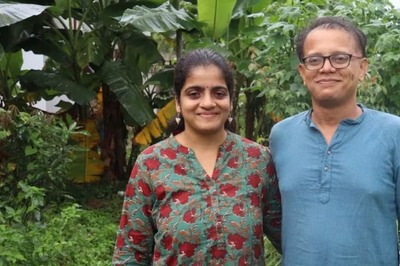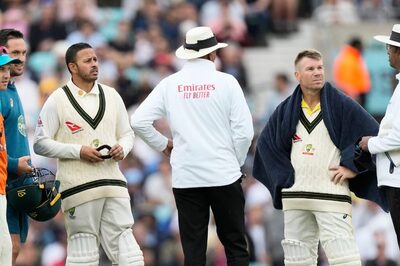
views
New Delhi: In an unanimous judgment, a five-judge Constitution bench of the Supreme Court Saturday allotted the dispute Ayodhya land to the Ramjanmabhoomi Trust. It ordered allotment of an alternative piece of five acres of land to the Muslims for a mosque.
The Bench, headed by Chief Justice of India Ranjan Gogoi, said the Hindu litigants were able to establish their case that they were in possession of the outer courtyard. It added that the Muslim side was unable to prove their exclusive possession of the inner courtyard.
The verdict came after a marathon hearing lasting 40 days at the end of which, the Supreme Court last month reserved its verdict in the much-debated Babri Masjid-Ram Janmbhoomi title dispute case.
A five-judge Constitutional bench headed by Chief Justice of India (CJI) Ranjan Gogoi, and also comprising Justices SA Bobde, DY Chandrachud, Ashok Bhushan and S Abdul Nazeer, began the daily hearings on appeals filed against the three-way division of the disputed site by the Allahabad High Court in 2010.
From the idol of Ram Lalla being found inside the mosque in December 1949 followed by the filing of the first couple of pleas in the matter to the eventual demolition of Babri Masjid on December 6, 1992, the Ayodhya dispute has long been a part of political discourse in the country, especially over the last three decades.
A Ram temple at the disputed site has been a poll promise of the ruling BJP since its inception and it was senior party leader Lal Krishna Advani who spearheaded the Ram Janmabhoomi movement in the late 1980s.
News18.com looks at how the whole dispute has unfolded over the past several decades.




















Comments
0 comment